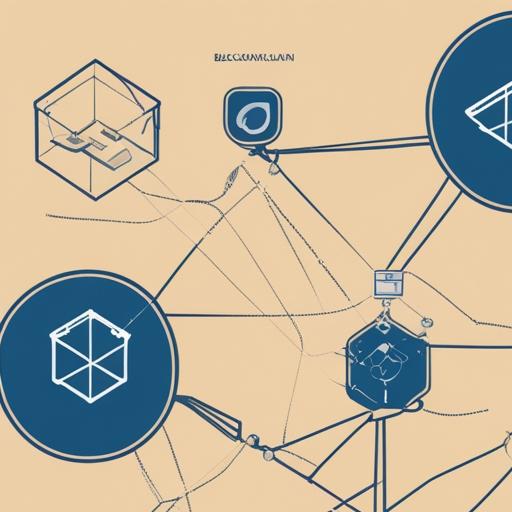Introduction
Blockchain technology has been heralded as a revolutionary advancement, especially in the realm of finance. Its decentralized nature promises enhanced security, transparency, and efficiency. However, like any burgeoning technology, it is not without its pitfalls. Understanding these challenges is crucial for anyone looking to navigate the complex world of blockchain finance effectively.
Regulatory Uncertainty
One of the primary concerns surrounding blockchain finance is regulatory uncertainty. Different countries have different stances on cryptocurrencies and blockchain. This lack of uniformity can create complications for businesses operating in multiple jurisdictions. Regulatory compliance is essential but can be arduous, necessitating constant vigilance and adaptation to stay within the law.
Security Vulnerabilities
Despite its reputation for security, blockchain technology is not impervious to attacks. Vulnerabilities can exist in smart contracts, the coding of the blockchain itself, or in points of human interaction. Hacking and fraudulent activities can lead to significant financial losses. It is essential for participants to conduct thorough audits and use robust security measures to mitigate these risks.
Scalability Issues
Scalability is another significant challenge. As the number of transactions increases, so does the strain on the blockchain network. This can lead to slower transaction times and higher costs. Several solutions, such as sharding and off-chain transactions, are being developed but are not yet universally adopted, leaving current systems struggling to scale efficiently.
Lack of Standardization
The absence of standardized protocols can complicate interactions between different blockchain platforms. This lack of interoperability hinders the seamless exchange of information and assets across networks. As a result, users may face compatibility issues and increased costs, adding friction to the system.
Energy Consumption
Mining, the process that underpins many blockchain networks, is incredibly energy-intensive. Bitcoin mining, for example, has been criticized for its substantial carbon footprint. This high energy consumption is not only an environmental concern but also raises questions about the long-term sustainability and costs of maintaining blockchain networks.
Market Volatility

Cryptocurrencies, which often leverage blockchain technology, are notorious for their market volatility. Rapid fluctuations in value can result in substantial financial gains or losses within short periods. For investors and businesses alike, this unpredictability can be a double-edged sword, requiring skillful risk management strategies to navigate.
Lack of Awareness and Understanding
Finally, a significant pitfall is the general lack of awareness and understanding of blockchain technology among the public and even within the business community. Misconceptions and a steep learning curve can lead to poor decision-making and missed opportunities. Education and training are crucial for fostering a comprehensive understanding of the benefits and risks associated with blockchain.
Conclusion
While blockchain technology offers intriguing possibilities for the future of finance, it is essential to remain cognizant of its pitfalls. Regulatory uncertainty, security vulnerabilities, scalability issues, lack of standardization, high energy consumption, market volatility, and a general lack of understanding are significant challenges that must be addressed. By staying informed and adopting prudent strategies, stakeholders can better navigate this dynamic landscape.
